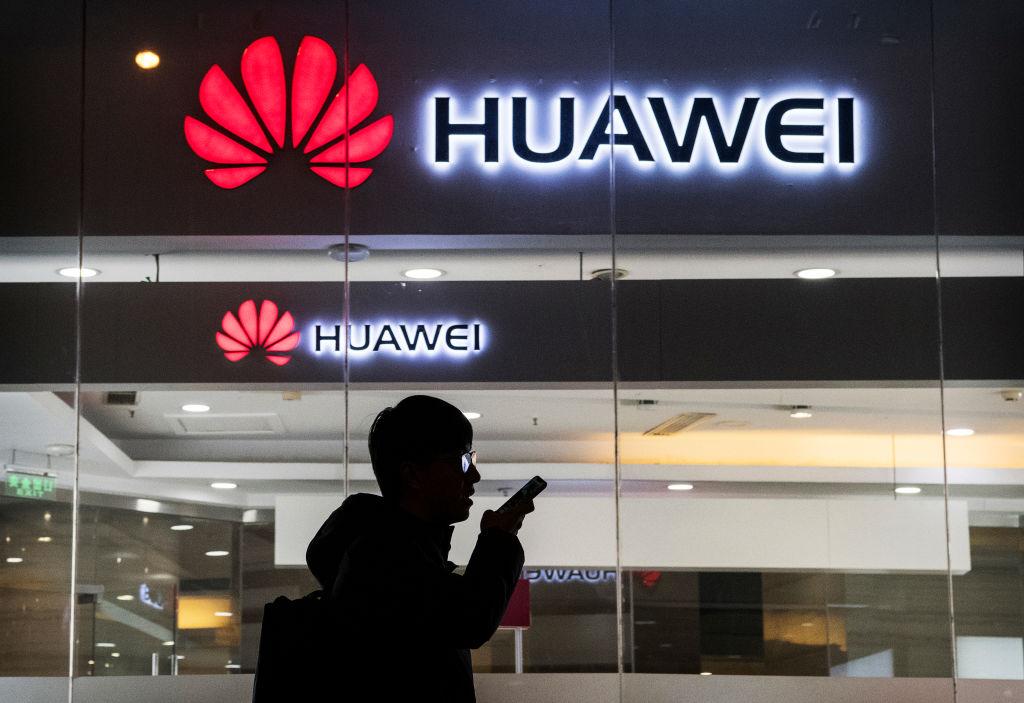Chinese telecom giant Huawei has asked some of its Taiwanese suppliers to move their production to China, according to Japanese media Nikkei, as the company braces for a possible U.S. import ban that would prevent U.S. companies from supplying it with tech parts.
On Jan. 28, the U.S. Department of Justice unsealed two court indictments against Huawei and its chief financial officer, Meng Wanzhou, as well as several of the company’s subsidiaries, for violating U.S. sanctions against Iran, and stealing trade secrets from U.S. mobile carrier T-Mobile.





